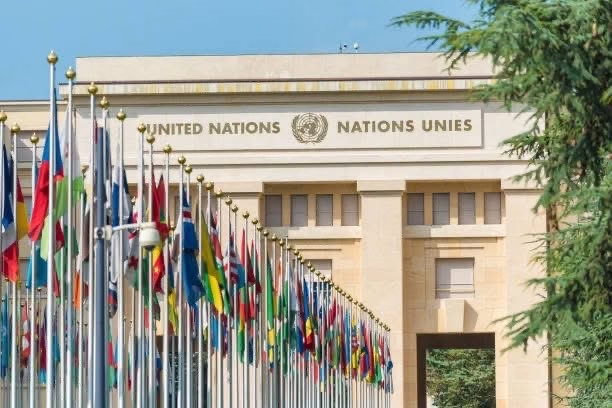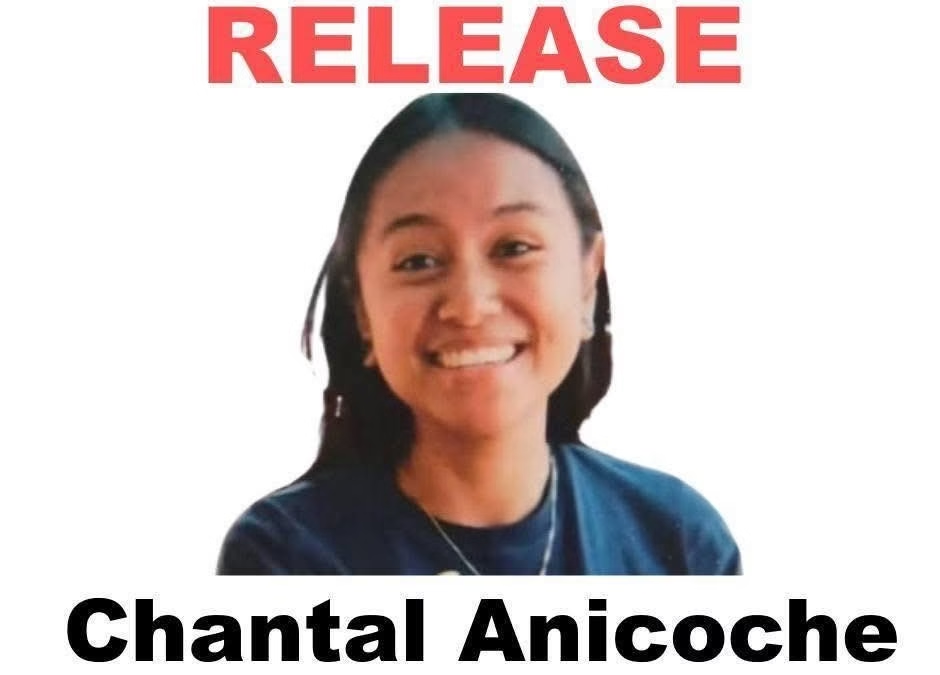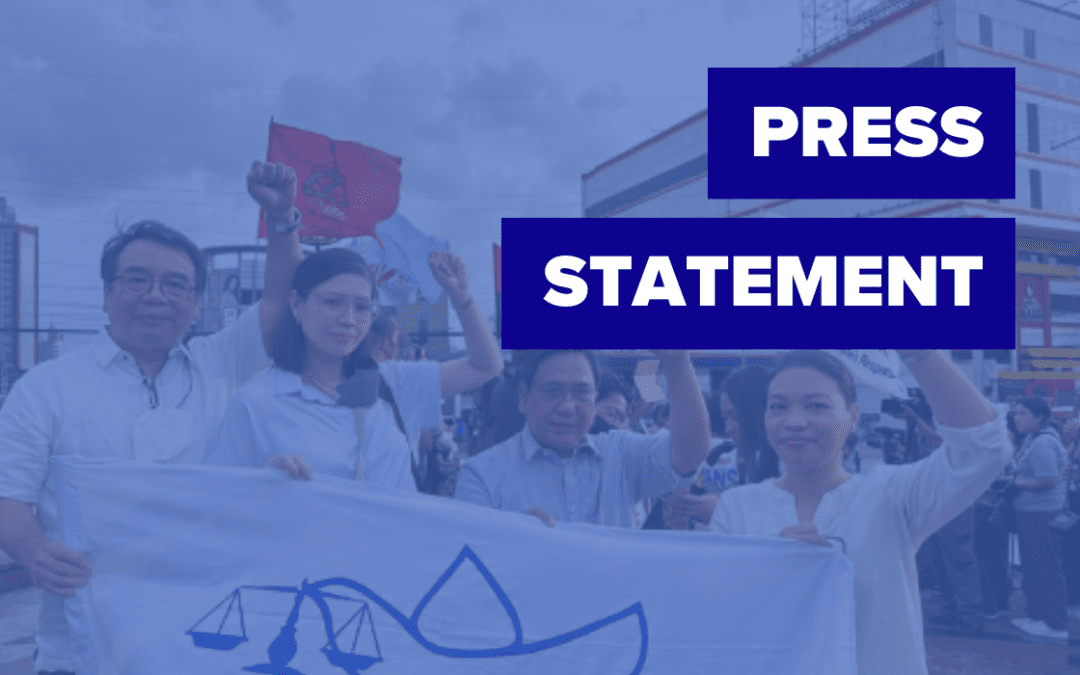GENEVA — The National Union of Peoples’ Lawyers (NUPL), together with the Philippine UPR Watch, has submitted a new complaint to the United Nations Special Rapporteur on the promotion and protection of human rights and fundamental freedoms while countering terrorism, exposing how counterterrorism measures, including those anchored on Financial Action Task Force (FATF) standards, are being used to attack civil society in the Philippines.
The submission, transmitted on June 19, 2025 at the Palais des Nations in Geneva, lays out disturbing new evidence of how countering financing terrorism measures, which are formally aligned with FATF recommendations, have been deliberately weaponized under the Marcos Jr. administration to target activists, humanitarian workers, church people, and human rights defenders.
“For years, the FATF has spoken of ‘unintended consequences’ when its standards are abused. But in the Philippines, these consequences are not unintended — they are deliberate. The global counterterrorism framework is being systematically exploited to silence dissent,” said NUPL Secretary General Josalee Deinla.
The complaint builds on previous communications filed with Special Rapporteur Ben Saul, documenting how Philippine authorities have increasingly turned counterterrorism laws into tools of political persecution. Among the cases highlighted: paralegals charged for providing basic assistance to political detainees; humanitarian groups shut out of their bank accounts; and development NGOs and church organizations accused of terrorism financing based on recycled, uncorroborated testimonies from military assets.
“In the name of FATF compliance, entire sectors of civil society are being suffocated. Financial sanctions are not aimed at disrupting terrorism but at shutting down legal aid, humanitarian work, and human rights advocacy. What FATF calls ‘compliance’ has become cover for repression,” Deinla said.
Even after the Philippines was removed from the FATF grey list earlier this year, politically motivated prosecutions and financial sanctions have only escalated. “The Marcos government boasts of its FATF delisting as a diplomatic win, even as it widens its assault on civic space,” Deinla warned. “Communities are denied humanitarian aid, organizations are paralyzed, and human rights defenders are dragged into court for work that international law not only allows but protects.”
The submission includes the Playbook of Repression, a comprehensive study jointly produced by NUPL, IBON Foundation, and the Council for People’s Development and Governance (CPDG), which lays bare how FATF standards have been manipulated to justify financial exclusion, asset freezes, and fabricated criminal charges.
“What is happening here is not simply the misapplication of counterterrorism frameworks. This is intentional. The global architecture of counterterrorism is being wielded to delegitimize civic engagement and destroy spaces for dissent,” Deinla said.
The Philippine UPR Watch urged the Special Rapporteur to launch an urgent inquiry into these abuses and called on the international community to confront how FATF’s failure to rein in state-orchestrated misuse of its standards allows authoritarian governments to dismantle democratic space under the veneer of legal compliance.
“The world cannot afford to look away. In the Philippines, the true cost of FATF compliance is measured in silenced voices, shuttered organizations, and the steady collapse of civic freedoms,” Deinla concluded.
Reference:
Atty. Josalee S. Deinla
+639174316396

In Sympathy and Solidarity with CERNET on the Passing of Ms. Cristina “Cris” Muñoz
We offer our condolences to Ms. Muñoz’s family and loved ones, and our solidarity to her colleagues. May you find comfort in the respect she earned, the lives she touched, and the work she helped sustain.



